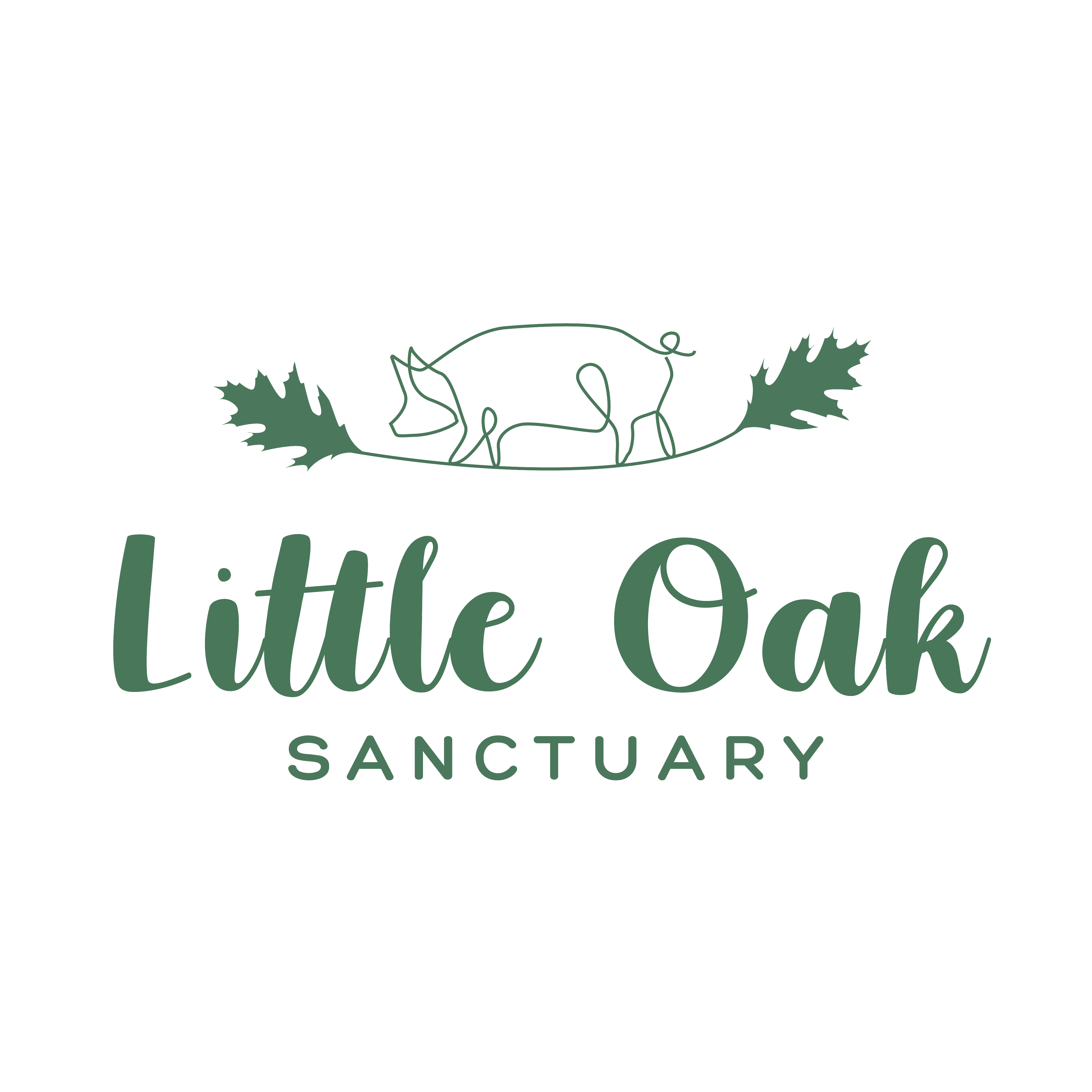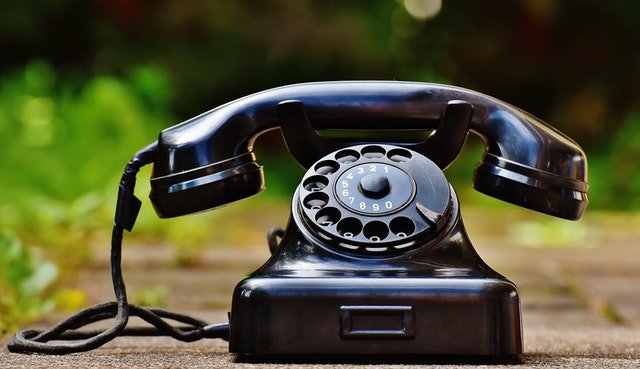For your chance to win a free consultation, sign up for updates here. There's a winner each month :)
A Year of No Complaining

December 2020
At the start of this year, I announced that I would be taking on the minimalist challenge of clearing out at least one thing from my home every day. While I admit that I haven’t always got around to doing this on a strictly daily basis, I have been doing the equivalent of throwing out or rehoming one item each day. I’ve made a note whenever I skip this clutter-clearing activity and catch up when I can. For instance, after a week of no clutter clearing, I’ll find seven items to part with in order to make up for those seven days.
Sometimes it’s as easy as finding a broken peg that somehow stayed outside on the balcony instead of being tossed in the bin straightaway. Other times it has involved more effort, such as when clearing out my wardrobe and donating several bags of items to charity.
In any case, I am on track to completing this challenge by January. By then, I will have parted with 365+ items that I no longer use or enjoy, therefore making room for newer things to enter my life … or simply to enjoy more space :)
Honesty Challenge
I’m setting a new challenge for myself to commence on 1 January next year, one that has nothing to do with physical clutter. Before describing what’s involved, I’d like to share a previous challenge that I took on many years ago.
After reading the Conversations with God (CWG) trilogy around 2005, I was eager to try out what seemed to be a radical concept at the time. One of the CWG books encouraged the reader to tell the truth, to everyone, all the time.
When I told others that I would seriously explore this idea of complete honesty in my life, people were horrified! It was interesting that the following assumptions were made:
Assumption 1: Honesty equates to brutality (e.g. if someone who appears tired asks you, “Do I look ok?”, you will brutally answer, “No, you look terrible. You must be exhausted, judging by those puffy eyes!”).
Assumption 2: Honesty can only be upheld at the expense of loyalty. The most popular scenario posed to me involved our family home being invaded by murderers, my relatives running off to hide, and me having no choice but to point the violent invaders in the direction of my relative’s hiding place, if I were captured and interrogated about where my other family members were.
Assumption 3: Honesty requires a total lack of discretion. This third one baffled me the most. Several people suddenly determined that I was no longer a safe person to confide in, by virtue of the fact that I was committed to being honest and therefore (at least in their minds) unable to keep a secret, should anyone happen to ask me to spill the beans.
Despite the concerns raised, I did try telling the truth, to everyone, all the time. It was great! It was liberating. And it made me realise how often we hide the truth or tell outright lies when we actually don’t need to. For example, an invitation can be declined without making up an elaborate story as to why you won’t be attending an event that you’d rather not go to. In regard to the three assumptions above:
Fact 1: Honesty does not require brutality. It just means telling the truth, and people are different in how they express their truth. Honesty should never be an excuse for harsh or offensive behaviour. If a person tells you that they’re brutally honest as though that’s a good thing, maybe find someone with a gentler style of communication whenever you’re seeking feedback or advice. Avoiding the truth in an apparently sweet way is not helpful either. To go back to the earlier example, I would much rather an honest (and gentle) response such as, “Your eyes do look a little puffy, are you alright? Have you been crying? Did you get enough sleep last night?” as opposed to something less sincere like, “Oh you look amazing!”
Fact 2: Honesty does not require disloyalty. In the very specific hypothetical situation described under Assumption 2, I think there would be a lot more to worry about than simply my tendency to tell the truth or not. In any case, an honest person still has free will and is not compelled to answer someone merely because a question is asked. Silence is an option. A vague response is an option. “They ran away” could be an honest answer, without having to specify, “My family all ran away from this room, up the stairs, and are mostly likely now hiding in the attic.”
Fact 3: Honesty does not equal indiscretion. Who would you rather tell a secret to? Someone who tends to be honest and who assures you that they won’t spread gossip? Or another person who you know regularly lies to others, but who promises that on this occasion, “My lips are sealed!”
If it sounds like being honest all the time is unnecessary or even harmful, I would suggest becoming aware of those times when it seems necessary or safer to lie. It’s often easier to ask in hindsight, “How did it feel when I said what I did? Would it have felt better to tell the truth? How could I have responded differently? Is there any way I could express myself honestly next time a similar situation arises?” Try to swap white lies for gentle truths, insincerity for integrity, and any tendency to spread unverified gossip for the decision to stay silent when it matters.
I’ve noticed that one of the most common reasons why people don’t want to follow their intuition is because they’re afraid to be honest with themselves or others about what they feel. For example: “I’m scared to trust my gut and admit that I’m not happy with my partner anymore. It would be too hard to bring this up, and even more difficult to leave.” Or: “I think my intuition might be saying to get out of this dead-end job that I hate, but I don’t want to face a major change right now.” Total honesty can be confronting, but it can often lead to breakthroughs and meaningful change.
This isn’t about becoming a Goody Two-Shoes. There’s an inherent reward and a real sense of inner freedom that comes from telling the truth consistently to others and to ourselves.
2021 Challenge
The reason I shared the honesty challenge above is because my proposal for the 2021 challenge has been met with similar responses, ranging from the conviction that it’s unhealthy, to scepticism that it’s even possible.
Am I about to embark on a long, dangerous journey? Or put my physical health at risk? Am I carelessly gambling with my own wellbeing or life?
Hardly. All I’m proposing is that I go for one year without complaining.
Similar to the honesty challenge, this non-complaining challenge centres around how words are used. What is it about words that make them seem so difficult to control? Why is the suggestion of not complaining for a longish period of time (some would argue that one year isn’t that long in the grand scheme of things) so outrageous?
Like honesty, there are assumptions out there when it comes to the topic of complaining. One of them is that it’s impossible to not complain, it’s just a part of life.
Defining Complaining
Earlier this morning, I decided to get clearer in my mind about what it really means to complain. The definition is usually some variant of: “To express dissatisfaction or suffering”. I can see that it might be risky to not complain if, for example, we are ill and don’t go to the doctor to complain about our symptoms.
To be more specific, then, I could aim to avoid all unnecessary forms of complaining. But what is necessary complaining? That seems quite subjective.
I thought that maybe I could set a limit on my complaining, so that I don’t ever complain about the same thing more than once. Once is ok – like going to the doctor to complain that I have a pain somewhere – but not continuously after I’ve done whatever I can to deal with the issue. However, even then it’s a little murky. I could complain about many things just once, and still have a year full of various complaints.
If there are some versions of complaining that are necessary, and if it’s important to complain at least once about some things, then this suggests that the assumption above is true: It’s impossible to not complain, it’s just a part of life.
For some reason it doesn’t sit well with me to accept this as a fact. The fact is that we are in control of what we say – we don’t have that luxury with a lot of other things, but we can always choose our words. I prefer to believe that it is possible to not complain, and that it doesn’t have to be a part of life.
In the process of writing this article, a clearer way of defining complaining has occurred to me, in the context of what I’m hoping not to do next year. What I mean by “complain” is to express dissatisfaction or suffering with the main purpose being to vent, with no real intention to resolve anything. For instance, telling someone you hardly know that it’s a miserable, wet, rainy day and that you hate it is a perfect example of complaining, because saying those things is unlikely to make you feel any better about the rain, it’s not solving a problem, and it’s doubtful that the other person is having fun listening to you complain about it.
Complaining doesn’t mean sharing difficult feelings, if the main purpose is to process how you feel or understand your emotions better – whether this is through writing in a private journal or describing those feelings to someone you trust.
It also doesn’t include communicating a problem for the purpose of solving it – that’s called problem-solving! Even making an official “complaint” to a business, government, or other organisation can fit in this problem-solving category if it is done with the aim of improving a system, resolving an issue, or preventing a particular mistake from occurring again.
Having a conversation about concerns with a friend or partner doesn’t fit in the complaining category either, if the purpose is to cultivate clearer communication, engage in healthy sharing, or to build a stronger relationship.
Processing, problem-solving, and healthy communication are all allowed!
It counts as complaining if we can reasonably predict there will be no positive consequence or practical solution whatsoever as a result of what’s being said. Maybe for this reason, complaining can very easily keep us stuck, since we’re taking no real action to create change. I remember during the latest election in Australia, on the day of voting, I was on a bus where two people sat behind me and began chatting in an American accent. “Did you know voting is compulsory here?” one said. “Really?” the other one responded. The first woman continued by saying that she thought it was a good thing to have a compulsory voting system because, “So many people back home complain about our political situation, and I’m like, ‘But you didn’t even vote!’”
There’s a little saying on my Dr Bronner’s shampoo bottle that says, “It is better to light one small candle than to cuss the darkness”. Which I believe is a variation of the old Chinese proverb: “It is better to light a candle than curse the darkness” – in other words, don’t just complain about an issue, do something to address it.
Smoke of Complaints
Too much complaining makes it more difficult to figure out what really needs to be done. I daresay that it can be a form of verbal clutter (maybe even emotional clutter, potentially, for both the complainer and the person listening to it). This no-complaining challenge might be similar to this year’s clutter clearing challenge after all, even if the clutter is not physical. Complaining adds additional noise to what could be a more harmonious-sounding environment; the equivalent to smoke in what would otherwise be a space of clean air.
Decades ago, when I was still in primary school, I remember a friend asked me, “Can we talk about something else?” I was taken aback. She had been engaging in the conversation with me until then, and I hadn’t noticed from her body language that she was tired of what I now realise was my complaining. Ironically, I had been talking about another girl at school who was often critical and complained about others, as well as my anxiety over what high school we would be going to. “What do you want to talk about?” I asked. “Anything”, she said, with the exception of the high school situation and the girl we had been gossiping about. It’s funny that there was a long pause before I could think of anything else to discuss. Complaining can be such an entrenched habit! But eventually we did chat about other things, and I was grateful that my friend had spoken up.
How long had she wanted me to change the topic before she finally asked me to? How often have people wished we would stop complaining about something but never told us?
I no longer want to impose my complaining “smoke” on others, whether or not they are likely to confront me on the issue, mentally tune out until I speak about something else, or simply grin and bear it.
Just as I did in January 2020, I welcome you to join with me in this challenge if you want to. I’ve already been encouraged by someone to keep a “complaints” jar where I add a dollar for every time I complain (to be given to the person who came up with the jar idea, of course). My initial response was “No!”, which makes me wonder if it might actually be an effective deterrent to complaining, after all. I suspect I will trip up occasionally, as complaining is so very acceptable and normal – even encouraged at times – in our culture. But my aim is to stick to this non-complaining practice as much as I can, and I’m willing to do what it takes … even if that means doing silly things like keeping a complaints jar :)
Until then, I hope you enjoy the last few weeks of 2020 and have a fantastic new year. It’s been such a challenging time for countless people across the world this year, for various and obvious reasons (not a complaint, just an observation!) and I wish you lots of love, peace, comfort and happiness for 2021.
Let’s each light our little candles rather than curse the darkness in the year ahead.
Click here to receive new articles by email
<-- Previous article Next article -->






